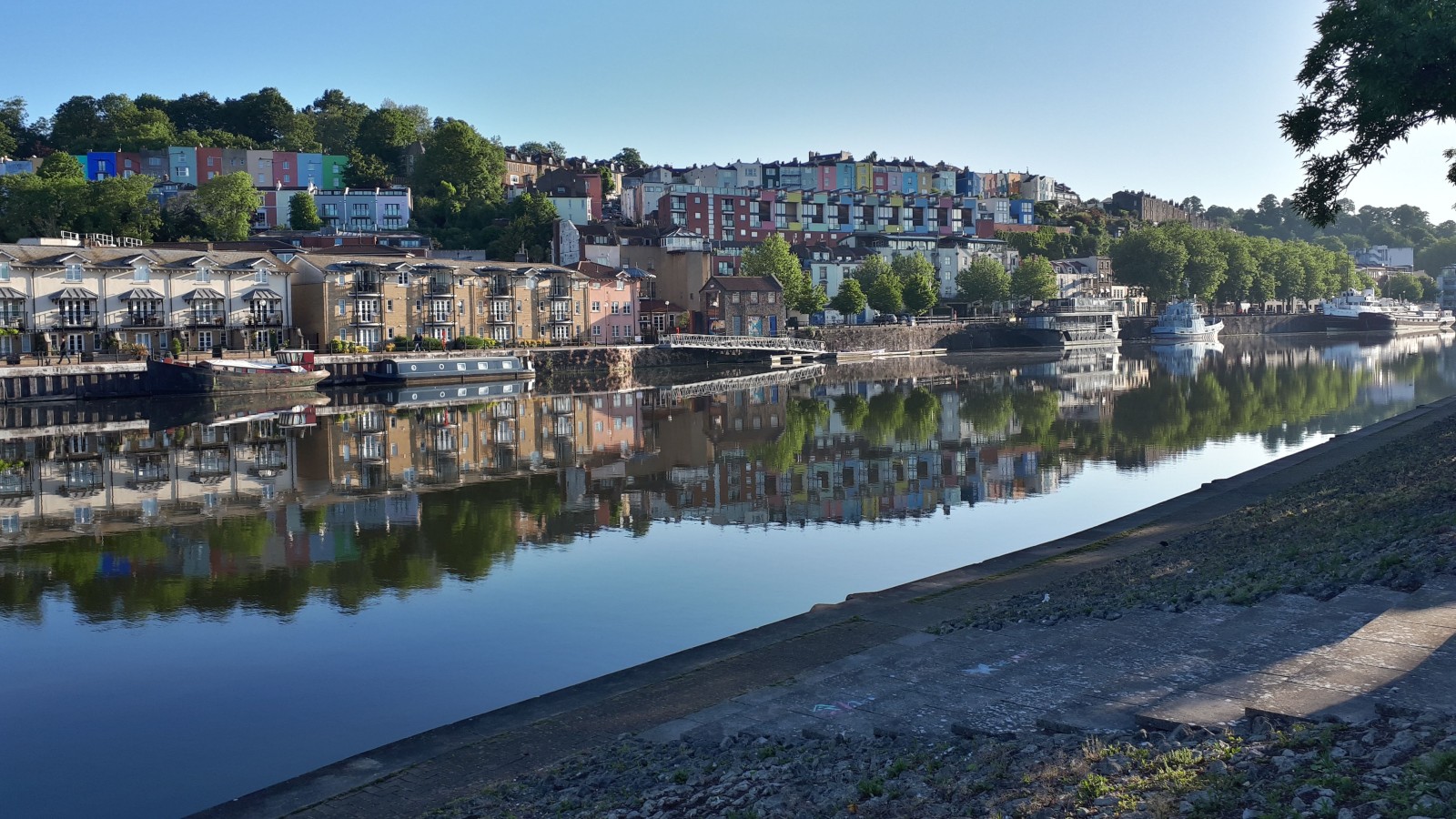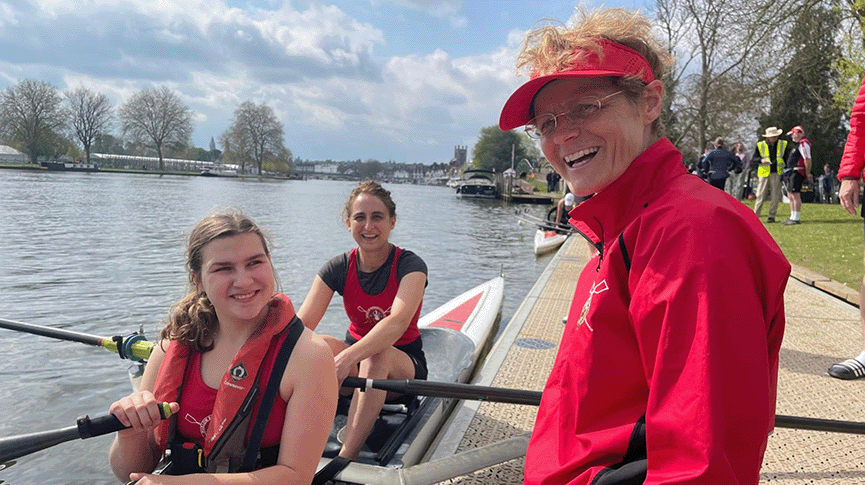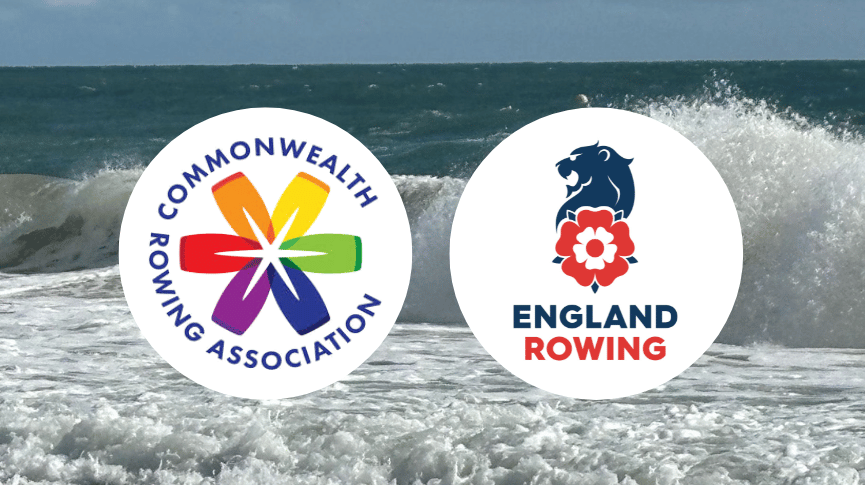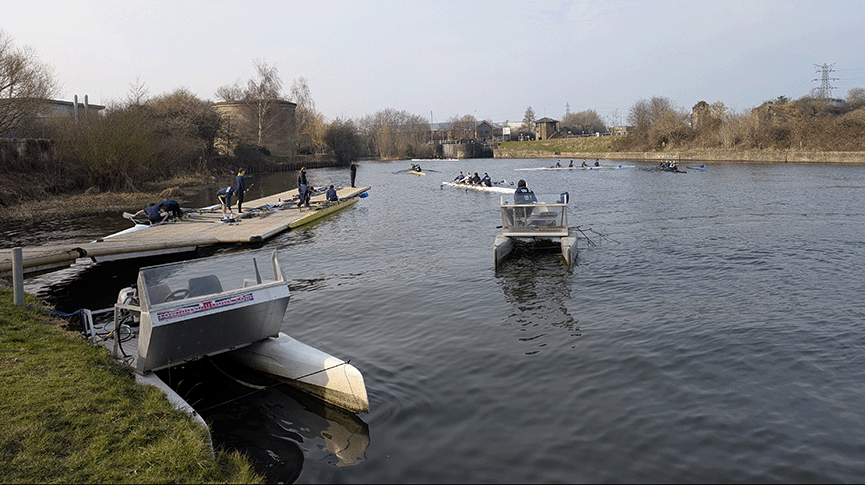World Environment Day – lockdown and our waterways
To celebrate World Environment Day, Toby Bryant explores how the Covid-19 lockdown has affected our waterways

Photo: Chloe Juyon
In recent weeks, stories of flourishing waterways from the Grand Canal of Venice to the River Ganga of India have hit the headlines as the outbreak of COVID-19 has kept regular water-users at home. Today, on World Environment Day, British Rowing turns its attention to the stretches of water close to our community’s heart to see how life in lockdown has impacted them environmentally.
In the South West, lockdown has seen some friendly aquatic visitors taking to the Cumberland Basin, the entrance to the Bristol docks. One seal spotted in the River Avon is thought to have made his way inland from the Bristol Channel whilst chasing a shoal of fish upriver, before deciding to stay put for a while.
Chloe Juyon is one-quarter of The Bristol Gulls team preparing to take part in the Talisker Whisky Atlantic Challenge this year and has noticed changes at the Bristol Harbour:
“I have never seen the water so clean and calm. Unfortunately, Bristol Harbour is still mainly closed at the moment and with the gorgeous weather we have been having it is difficult to just look at it.
“Bristol Harbour has its own ecosystem – not just on a biological sense – it’s the heart of the city. It’s a rich place, full of history that brings so many people together.”
The founder of Clean Up Bristol Harbour, Juyon has also noticed levels of pollution rising as footfall on the banks increases.
“Since the lockdown has eased up, the amount of people gathering around the harbour has increased and so has the amount of floating litter, which is really sad,” she says.
There are hordes of herons, cranes, ducks and there has even been a kingfisher spotted up towards Wylam
“I had hoped that we would all have learnt to appreciate what clean water could bring to everyone not just in terms of wildlife, but in terms of inner peace – the calmness you get from looking at a beautiful body of water during lockdown.”
Looking northwards, Newcastle’s River Tyne is another waterway changed for the better in lockdown.
Katherine Bulmer, President of Newcastle University Boat Club, tells us what she’s been seeing: “The Tyne is one of the cleanest rivers in the country anyway, but lockdown has improved the water quality further and, as a result, it is teeming with wildlife. Everywhere you look there are hordes of herons, cranes, ducks and there has even been a kingfisher spotted up towards Wylam.
“I feel very lucky to row on the Tyne, it can take you all the way to the sea in one direction and to a secluded part of countryside in the other. It’s always a pleasure in the summer and even more so at the moment.”
Whilst rowers may notice their stretches appearing clearer than previously when back on the water, this isn’t necessarily the same as cleaner.
Jonathan Ludford, National Communications Manager for the Canal & River Trust says: “The lockdown period hasn’t been long enough to have a discernible impact on the overall water quality of Britain’s inland waterways.
“Water is obviously clearer when sediment isn’t being distributed (boats aren’t moving and it’s hardly rained for two months), but that isn’t the same as cleaner.”
He adds: “The chemical water quality of our post-industrial network is better today, including the months and years up to lockdown, than it ever has been, so there isn’t really any continual pollution to have stopped due to lockdown.”
Water is obviously clearer when sediment isn’t being distributed, but that isn’t the same as cleaner
The Trust’s Chief Executive Richard Parry also appeared on the Leading with James Ashton podcast to discuss the impact of COVID-19 on the country’s waterways. Notably, Parry mentions the increased traffic on towpaths as people take part in their daily exercise.
For rowers appreciating their new post-lockdown surroundings whilst training, the Canal & River Trust point to their imminent Plastics Challenge campaign, as a way to make sure that our rivers stay this way.
The Trust’s message is “if everyone picked up one piece of litter every time they visited, our waterways would be plastic-free within a year”.
For more information, you can read about British Rowing’s environment policy here.







